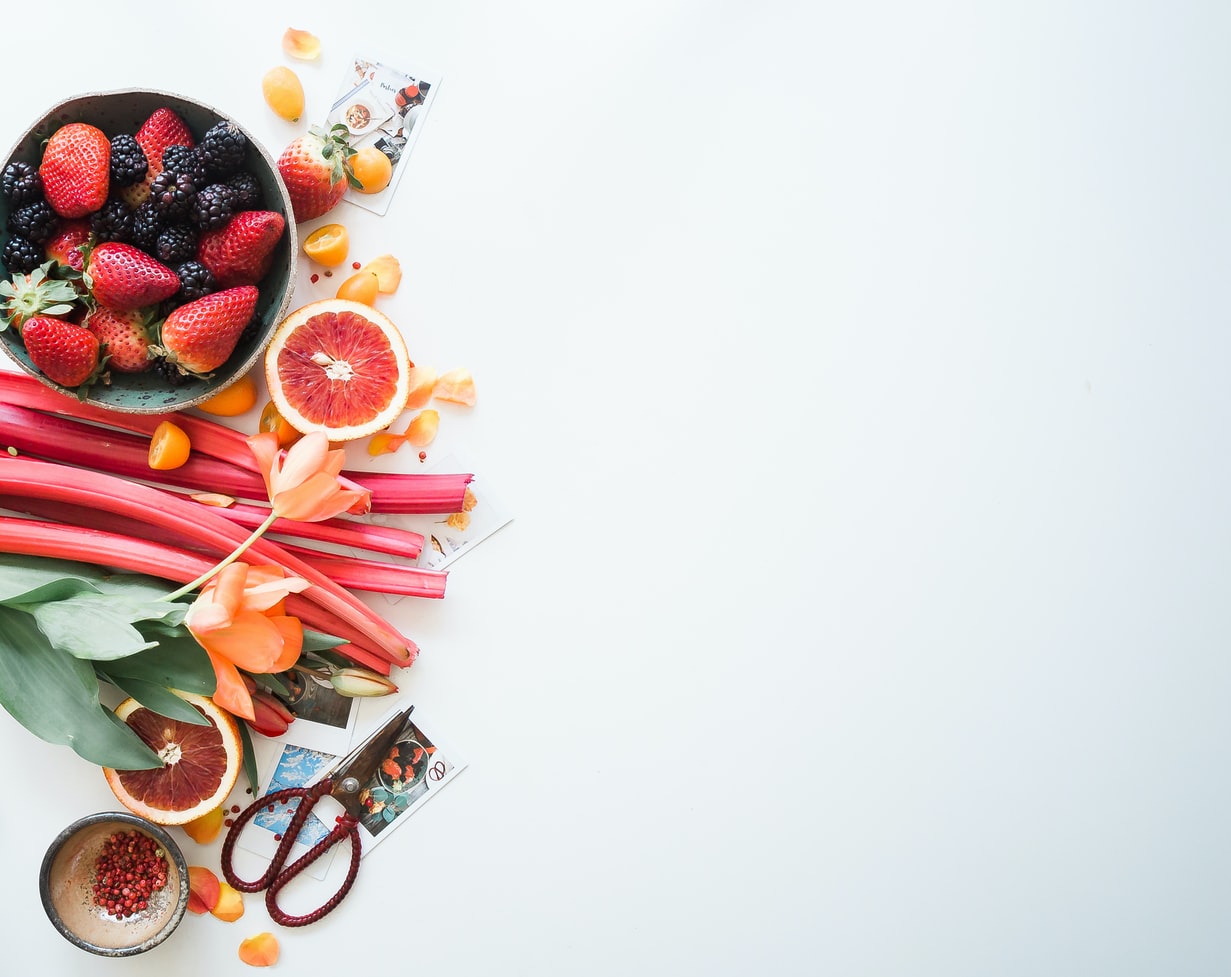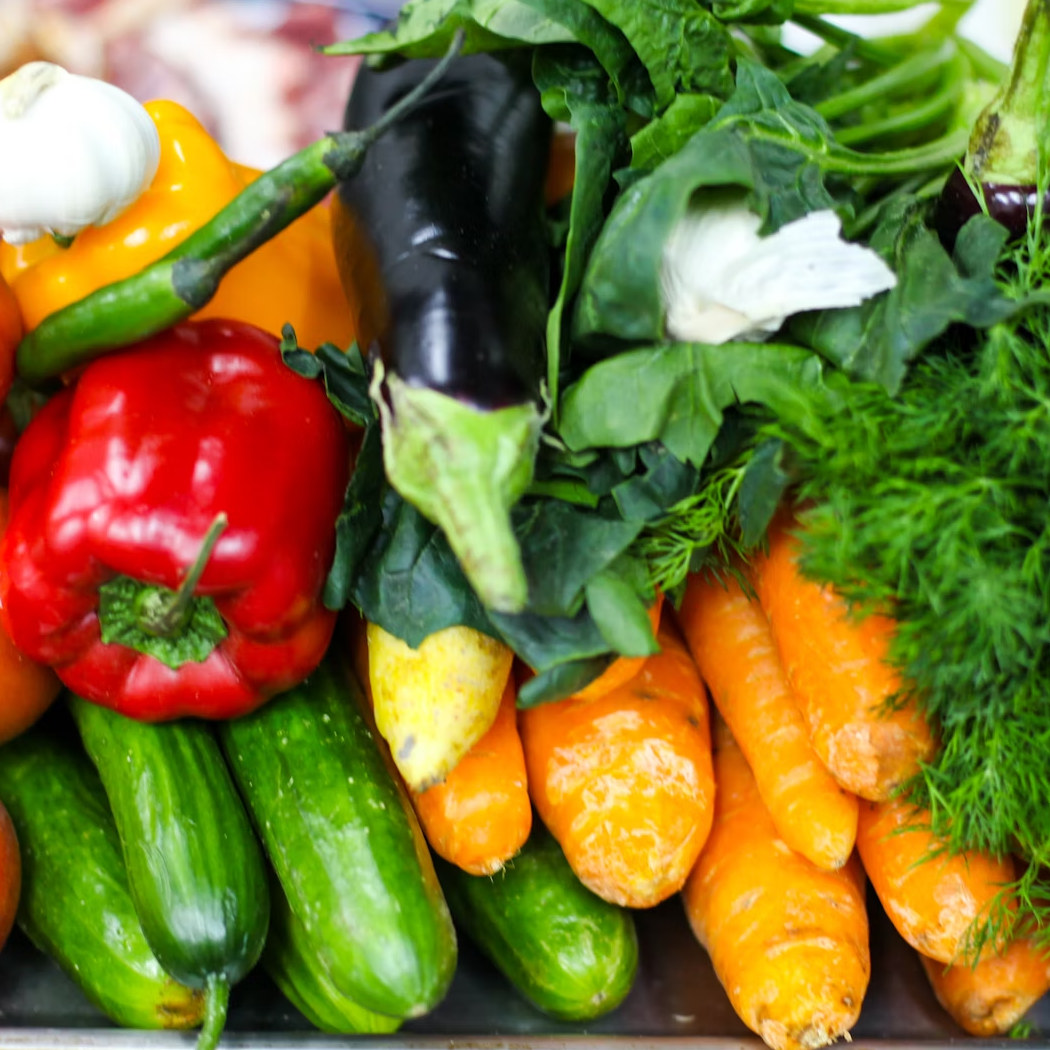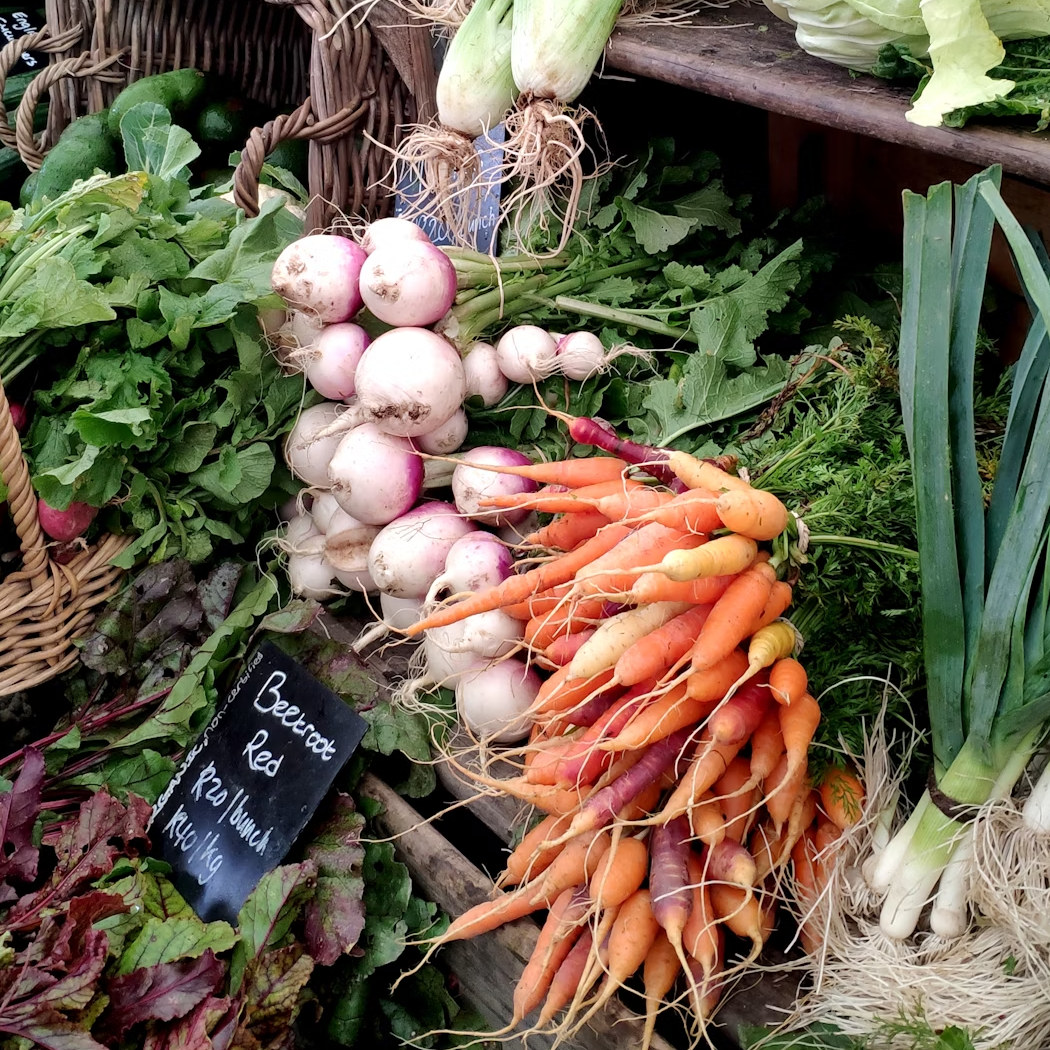Whether you are an avid 7 days a week, 24 hours a day vegan, if you participate in meatless Mondays or if you are health conscious and minimise your daily consumption of animal products and bi products, there are some costly mistakes to be made that can jeopardise your long term health.
Hear what Garden of Vegans' resident Lifestyle Medicine Practitioner Robyn Chuter has to say when it comes to the top 5 mistakes new vegans make, when transitioning to the vegan lifestyle.
Here is what Robyn has to say...
When I first opened my practice in 1995, I didn’t intend to specialise in health problems affecting vegans. Actually, there weren’t that many vegans around in the 90s – most people didn’t even know how to pronounce the word. (Vay-gun?? Vej-un??) However, as the years went by, I began seeing more and more people who had adopted a vegan diet, usually for ethical and/or environmental reasons, but had run into health problems. They were unable to get good advice from doctors, dietitians and other nutritionists, who either have little experience with vegan clients or a philosophical objection to veganism, and tend to assume that any malady that befalls a vegan is due to them eating a vegan diet per se, rather than a poorly planned vegan diet. Practically all of these clients were making one or more of the following mistakes:





